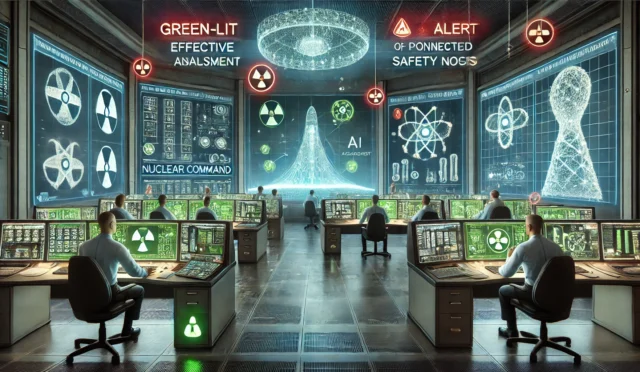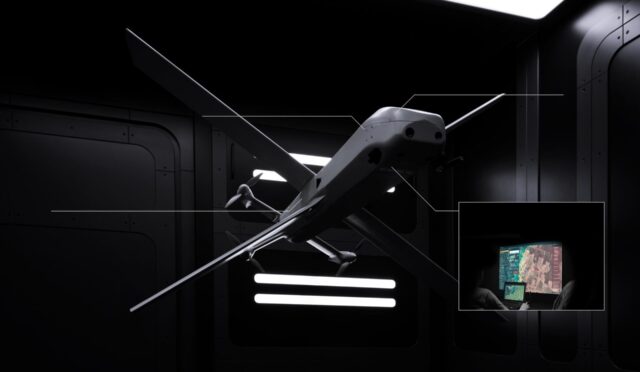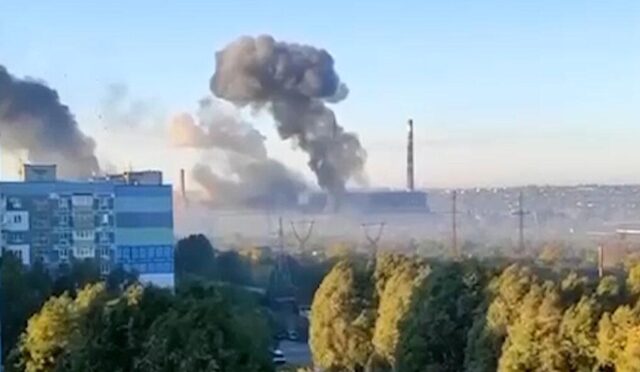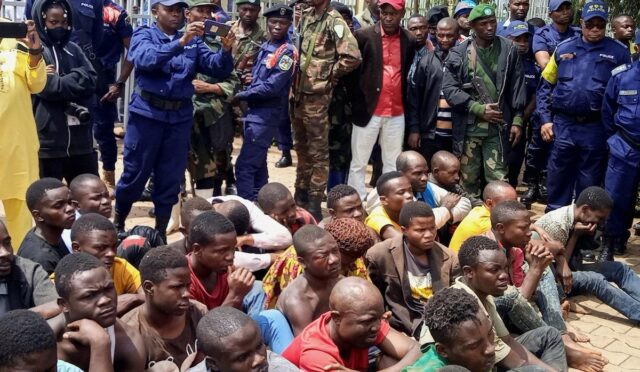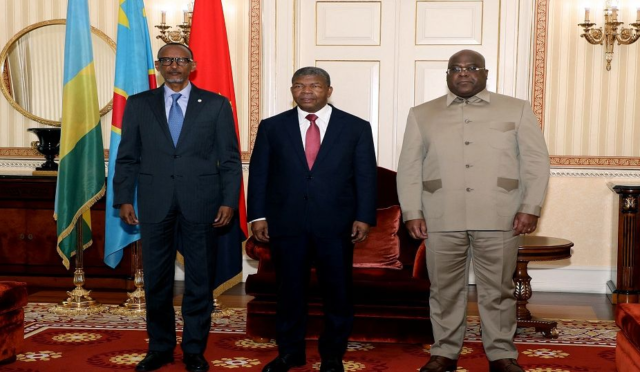Russia Resumes Attacks Following Ceasefire
In a sudden escalation of hostilities, Russia launched a series of aerial attacks on Ukraine on Monday, effectively bringing a fragile 30-hour Easter truce to a swift end. Both Moscow and Kyiv confirmed the renewed strikes, which have cast a shadow over Donald Trump’s aspirations for a more comprehensive ceasefire. Just hours earlier, Trump expressed optimism that a resolution might be achievable within the week.
The Russian army asserted that with the ceasefire concluded, it resumed its special military operation in Ukraine. The temporary cessation of hostilities, announced by President Vladimir Putin on Saturday, had been mired in accusations from both sides of multiple violations.
Renewed Strikes Target Key Regions
Shortly after the ceasefire lapsed at midnight local time on Sunday, Ukrainian authorities reported a resurgence of drone and missile attacks, particularly affecting the Dnipropetrovsk, Mykolaiv, and Kherson areas. Sergiy Lysak, the governor of Dnipropetrovsk, noted that drone strikes had damaged a home and set a food establishment ablaze, although there were no reported injuries.
In a show of defense, Ukraine’s air force claimed to have intercepted 42 Russian attack drones during the nighttime offensive, which began at 2:00 AM on Monday (2300 GMT Sunday). This indicates a fierce commitment from both sides as fighting intensifies again.
The Context of the Brief Truce
Putin’s unexpected declaration of a 30-hour ceasefire, purportedly for humanitarian reasons, briefly lowered the intensity of conflict. Both sides reported a reduction in military activities even as they exchanged allegations of ceasefire violations. Ukrainian President Volodymyr Zelensky claimed the truce had reduced air attacks but accused Russia of continuing front-line raids.
In contrast, Russia’s defense ministry stated it had successfully rebuffed numerous Ukrainian assaults while admitting that the intensity of Ukrainian attacks had notably decreased during the ceasefire. On the ground, AFP reporters noted fewer explosions and a lack of smoke, indicating a momentary lull in hostilities.
Trump’s Peace Statements and Setbacks
The brief ceasefire declaration followed comments from Trump, who indicated that he would cease American efforts to mediate the conflict unless both parties took steps towards an agreement. Expressing hope for a possible deal in the coming days, Trump did not clarify the specifics of his expectations.
Previously, Trump had proposed a ceasefire that Ukraine accepted, but Russia rejected. Zelensky has consistently offered a full and unconditional ceasefire, which Putin declined to consider after discussions with Trump last month.
Zelensky’s Conditional Ceasefire Proposal
In light of the renewed violence, Zelensky has recommended a more restricted truce aimed at stopping drone and missile strikes targeting civilian infrastructure for at least 30 days. However, Kremlin spokesman Dmitry Peskov confirmed that Putin had not signaled any intent to extend the truce.
This proposal underscores Ukraine’s continuous effort to find a diplomatic resolution, though it also highlights the complexities of negotiations with Russia.
China’s Position Amid the Conflict
On Monday, China expressed its support for ongoing efforts to establish a ceasefire. Guo Jiakun, a spokesman for the foreign ministry, stated that all initiatives leading to a truce are vital for peace, urging involved parties to settle the crisis through dialogue.
Ukraine has previously accused China of supplying weapons to Russia and alleged the recruitment of Chinese nationals to join Russian forces. However, Beijing has vehemently denied these claims and has urged its citizens to refrain from participating in any armed conflict.
Local Sentiments on the Ground
In Kyiv, residents are increasingly skeptical about the prospects for peace as the conflict drags on into its third year since Russia’s full-scale invasion. Volodymyr Yaroslavsky, a local manager, expressed deep-seated mistrust towards Russian assurances regarding the end of fighting, stating, ‘The war probably won’t stop; some combat actions may cease temporarily.’
Contrastingly, in Moscow, some sentiment exists for a resolution to the fighting; however, there is little willingness to compromise for peace. A local, Vladimir, was quoted as saying, ‘Russia must be strong and powerful. There’s no other solution, or we will be crushed,’ reflecting a steadfast position among many.

